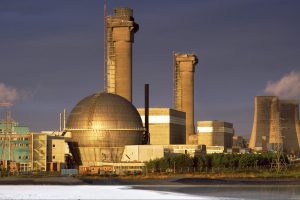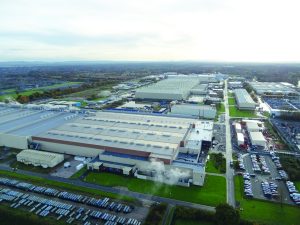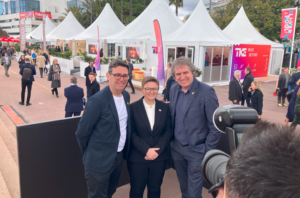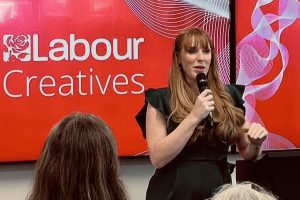Green buses mean no need to introduce Clean Air Zone in Greater Manchester
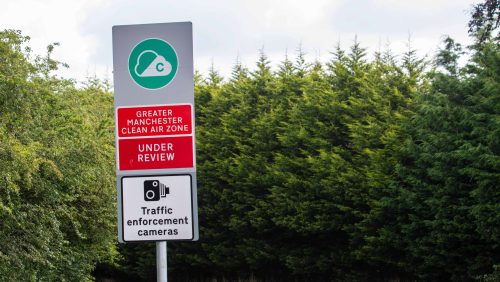
The Greater Manchester Bee Network’s investment in green zero emission buses means the city region will not have to introduce a charging zone for polluting vehicles.
The government confirmed today that Defra and the Department for Transport have rigorously assessed an investment-led plan proposed by local councils and concluded it will meet legal obligations to reduce nitrogen dioxide pollution.
Today’s decision thus rules out a Clean Air Zone in Manchester so motorists will not be charged to drive into the area. Instead, there will be a fleet of even more new green buses and traffic-calming measures to improve air quality in the region as part of a £86 million scheme to help clean up the region’s air.
The issue became politically toxic for Greater Manchester Mayor Andy Burnham in 2022 and the plan was hastily scrapped.
The signs across the city region saying the charging zone was “under review” will now be removed. Local leaders have been told they can review and cancel contracts relating to the Clean Air Zone, such as signs and cameras.
Burnham said: “Because we have implemented the first phase of the Bee Network on time and on budget, the Government clearly trusts us to deliver and has seen the evidence that our approach is working. The Bee Network is cleaning up our air and keeping the cost of travel as low as possible. Its success is allowing us to remove a big weight of worry off the shoulders of people who need to drive as part of their job.”

Robert Downes
Robert Downes of the Federation of Small Business, who campaigned vigorously against clean air on behalf of his members, many of them van drivers, said: “This whole episode must serve as a reminder of what happens when decision makers fail to heed the warnings of those affected by ill-conceived but politically popular policies, and of rolling out consultation exercises merely as a tick-box exercises that ultimately erode public trust in major policy decision making processes. Just how much time and money has been wasted on what is now looking very much like a policy that’s dead and buried but still costing money?”
He added: “There will be businesses in a number of big cities right across the country where clean air schemes that hurt businesses and drive up costs for everyone, have been rushed in, where GM stepped back. Greater Manchester has dodged a bullet and we will be better off as a city region as a result.
“We know NOx pollution levels in GM have been falling year-on-year since the middle of the last decade, and FSB’s argument all along was that there had to be a better way than simply hitting businesses with a new and regressive tax, especially as so many simply couldn’t have afforded to upgrade their vehicle to avoid the charge.
“Today’s announcement is tacit admission that the very few NOx exceedances in GM affecting just a handful of very busy inner-city areas were largely caused by very old, very polluting buses and taxis and money is now rightly being channelled to modernising those fleets.”
The package includes: £51.1m towards bus investment, including 40 zero emission buses, 77 Euro VI standard buses and charging infrastructure; £5m for local traffic management measures; £8 million to support moving Greater Manchester’s taxi fleet to cleaner vehicles; up to £21.9m for administration, delivery, monitoring and other associated costs.


